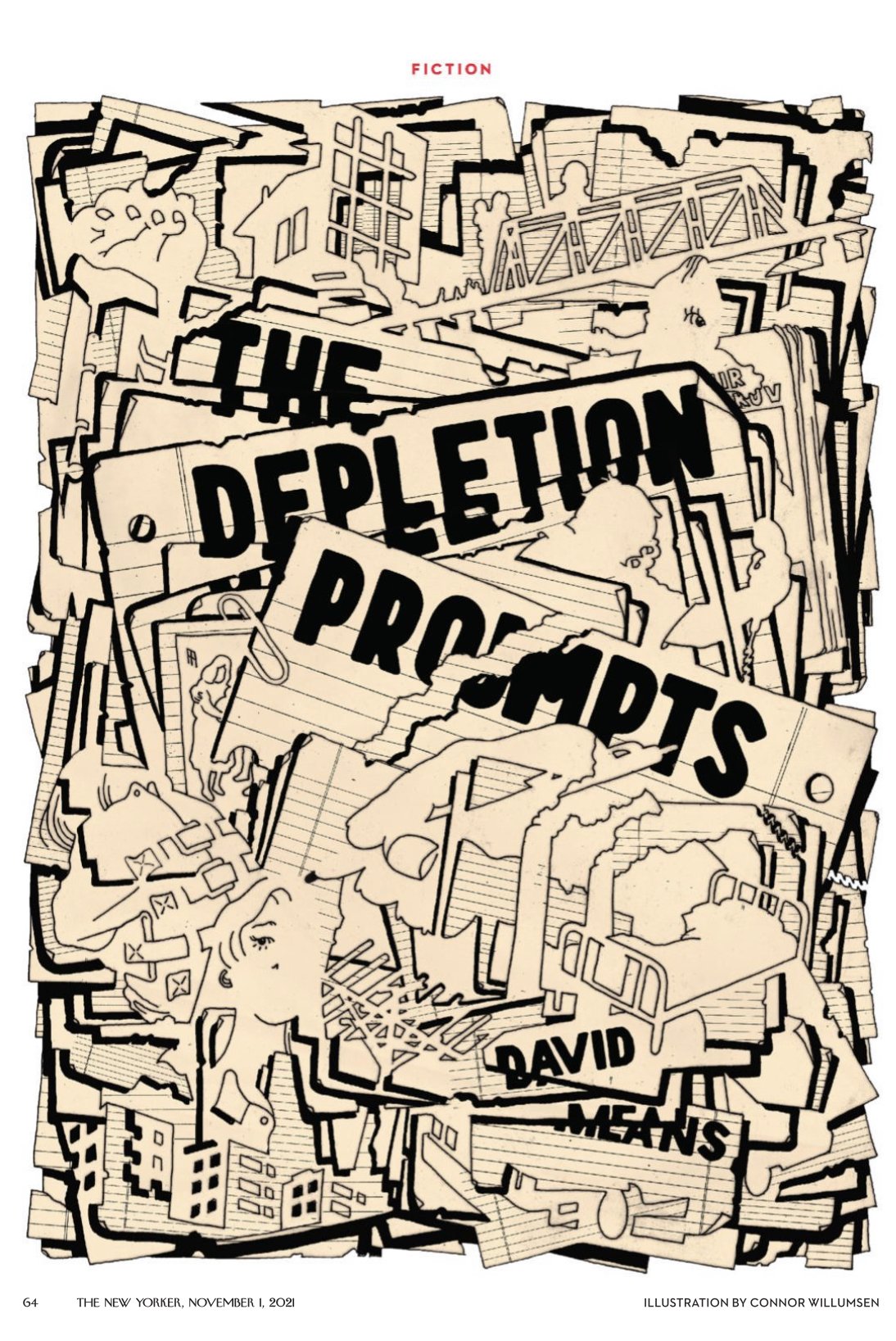Morning reading: The compelling language of a devastating review
Adam on the pleasures of a thoughtful, devastating review.
Today was not the first time that I flipped through The New York Review of Books and discovered a delightful and highly critical review of a book that I didn’t know existed in a subject that I haven’t studied in decades. In “Why Biology is Not Destiny,” M.W. Feldman and Jessica Riskin (Stanford Professors of Biology and History respectively) disassemble the arguments of Kathryn Paige Harden (University of Texas) in her book The Genetic Lottery: Why DNA Matters for Social Equality.
The pleasures of a review like this include:
Learning about a subject through argument and, in this case, about fraudulent data and the debunking of similar arguments decades earlier.
Imagining the Higher Ed controversy behind the scenes.
The tightrope walk in the language, a balance of drama and precision.
The expectation of Harden’s response in a future letter to the editor.
The satisfaction in the language comes in part from the slow piling on of arguments against the book’s thesis. So I’ll lose something essential by including a single passage below, but here is a fine example from the review.
This alphabet soup in the passive voice implies that no one actively does all this estimating, measuring, counting, weighting, correlating—or that these are such technical processes that any human presence in them is irrelevant. But people are making interpretive decisions at every stage: how to define a phenotype and select people to represent it, how to count these people, which single-nucleotide polymorphisms to consider, how to weight and aggregate them. Interpretive decisions are of course essential to all science, but here there are a great many opinions dressed up in facts’ clothing. “This polygenic index will be normally distributed,” Harden continues, now disguising an assumption—that there are intrinsic cognitive and personality traits whose distribution in a population follows a bell-shaped curve, a founding axiom of eugenics—as an objective fact. Harden then tells us that “a polygenic index created from the educational attainment GWAS typically captures about 10–15 percent of the variance in outcomes.” All these trappings of scientific objectivity notwithstanding, a polygenic index “captures” differences in educational outcomes the way Jackson Pollock’s Summertime painting captures the season: as a reflection of its creator’s radically subjective view of things (which is just fine for abstract expressionism).
Amazing illustration from the review by Vivienne Flesher



